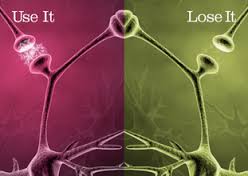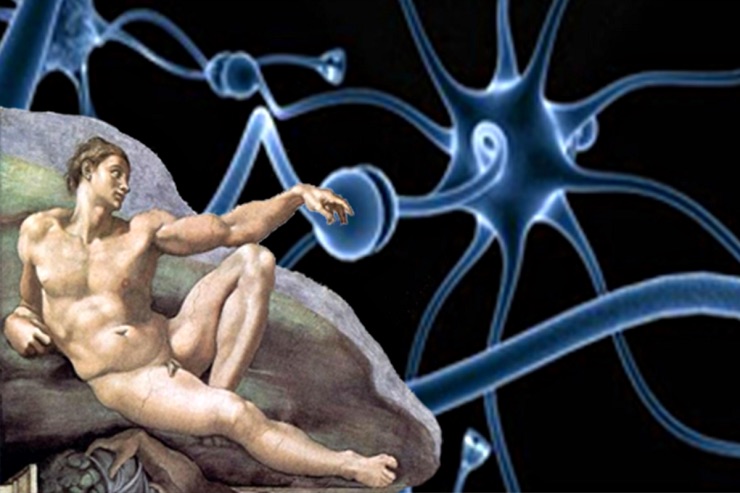…by Lisa Martinovic…
There’ve been times during the life of this blog that the Great 12-Step Snowball Fight has erupted — as is typical for any blog, podcast, or article on addiction. I’m not a fan of AA, but I’m not a 12-step basher either. I like to keep an open mind, and I thought this essay was so good that it’s worth giving the Steppers another think.
……………..
In the thirty-four years since I cleaned up, paths to sobriety have proliferated in tandem with rates of addiction. At last count there were some 14,000 treatment facilities in the US alone. If you have good insurance it might cover a stint in one of them. Private therapy is always an option for those who can afford it. For everyone else, it mostly comes down to white knuckling it or AA. But in recent years 12-step programs have been attacked on many fronts, charged with being  too religious, dogmatic, disempowering, cultish. Which is unfortunate because although 12-step is not the only way to get sober, it is one way, and it’s been effective for millions of people over the past 80 years.
too religious, dogmatic, disempowering, cultish. Which is unfortunate because although 12-step is not the only way to get sober, it is one way, and it’s been effective for millions of people over the past 80 years.
I certainly had a lot of judgments when I first started going to AA, but in my state of utter ruin I was in no position to be picky. I dove in despite my aversion to all things Christian. The internal conflict I experienced as an atheist and a feminist being told to ‘turn my will and my life over to the care of God’ was agonizing. I thrashed against concepts like “powerlessness” and “character defects,” made grand pronouncements in meetings, and challenged my long-suffering sponsors. Over time, I made peace with the program and have been clean and sober since 1982. Though I haven’t been to meetings in some fifteen years, I will always sing their praises.
 In recent years I’ve been studying neuroplasticity on an informal basis and applying its principles to my daily life, especially vis-à-vis my addictive propensities: Chocolate truffles! Mad Men! Facebook!
In recent years I’ve been studying neuroplasticity on an informal basis and applying its principles to my daily life, especially vis-à-vis my addictive propensities: Chocolate truffles! Mad Men! Facebook!
Not long ago, musing about how 12-step really works, I realized that one of the oft-repeated AA sayings was in fact a description of neuroplastic change: “We don’t think our way into a new way of acting, we act our way into a new way of thinking.” If you take action to foster your sobriety deliberately, repeatedly, and within a supportive community, change happens precisely because you are altering the very structure of your brain. And it happens, I argue, whether or not you believe in God.
This may come as a surprise to those who think that the program is all about ‘turning it over.’ Countless people do precisely that, but sobriety doesn’t happen in the absence of a tremendous amount of real-world footwork. And footwork, be it psychotherapy or working the steps, is what changes your brain and paves the way from addiction to freedom.
As with any new practice, consistent participation in 12-step programs gradually and methodically builds new neural networks. Every sober foray into a situation you used to get high for — first date, party, being alone and lonely —  strengthens your capacity to do so again. Thanks to your malleable brain, the more you do something sober the easier it becomes. But you may need to muddle through a thousand situations sober before it comes as naturally as it did when you were drunk. It’s hard for most of us to stick to our resolve that many times. But with the support of others it is possible.
strengthens your capacity to do so again. Thanks to your malleable brain, the more you do something sober the easier it becomes. But you may need to muddle through a thousand situations sober before it comes as naturally as it did when you were drunk. It’s hard for most of us to stick to our resolve that many times. But with the support of others it is possible.
 AA contends that because our willpower has “failed utterly” to get us sober, we have no recourse but God. Really? Well, what does every participant at every meeting find every time? What is the common denominator? Not God, but other people getting sober. We find community. The generous support of other human beings carries us when we cannot carry ourselves.
AA contends that because our willpower has “failed utterly” to get us sober, we have no recourse but God. Really? Well, what does every participant at every meeting find every time? What is the common denominator? Not God, but other people getting sober. We find community. The generous support of other human beings carries us when we cannot carry ourselves.
I was thrilled to discover, through Marc’s books and others, that my theory about how we get sober is corroborated by science. By integrating the research into my own experience, I have developed a pragmatic approach to recovering from addiction—an unauthorized 12-step workaround.
I want to share this approach with addicts who know they need help but are unwilling to explore the 12-step route. I wrote an essay in STIR Journal for them, their loved ones, and those who would help them, and Marc has generously invited me to share it here.
By unpacking the neural mechanisms through which we achieve behavioral change I give addicts who hate “the God thing” a different way to access the 12-steps—and recovery.
Read the full essay here.
Marc: Also see this article for a recent court case pitting the 12-step oligarchy against one person’s atheism.

Leave a Reply